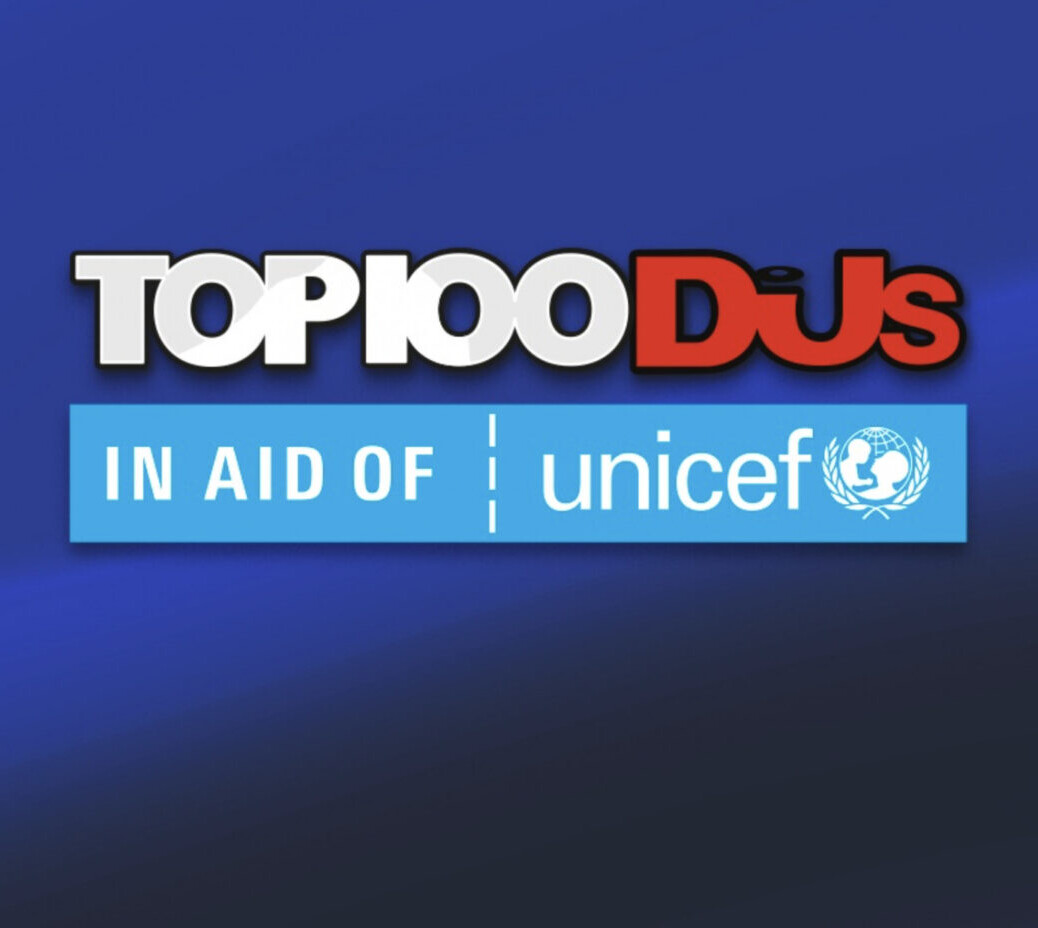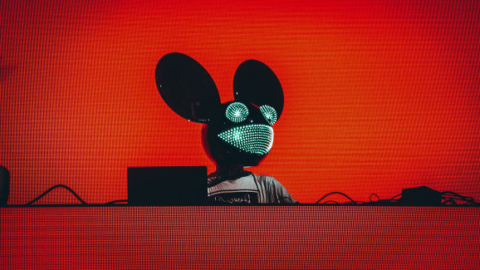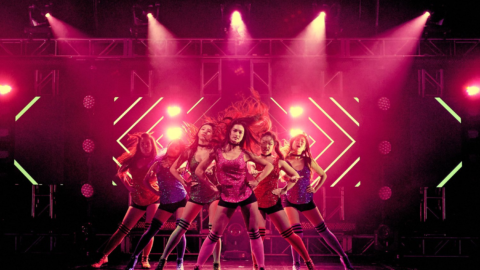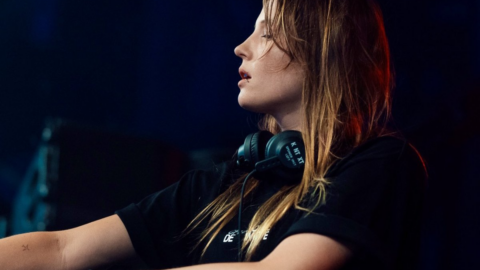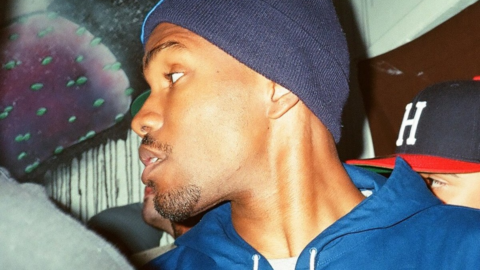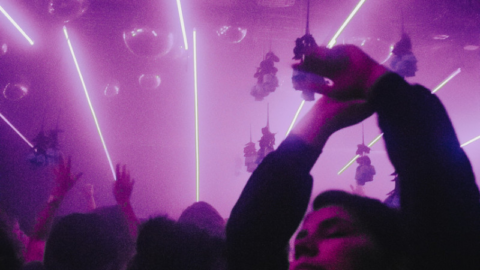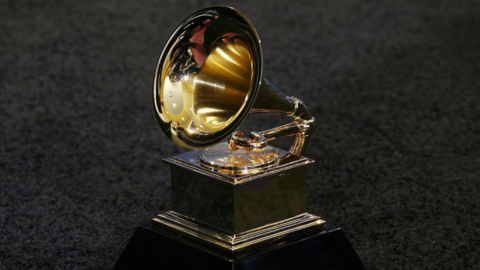In the heart of the electronic dance music (EDM) industry, a controversy has been brewing that goes beyond the soundtracks and strobe lights. The DJ Top 100 list, which ranks the world’s most significant and influential disc-jockeys, has been under fire for years. This list, published annually, has sparked intense debates about its legitimacy, fairness, and accuracy. Is it a clear-cut ranking of talent, or merely a popularity contest? Let’s delve into this contentious topic and unravel the truth behind the DJ Top 100 debate.
Unveiling the Controversy: An Insight into the DJ Top 100 Debate
The DJ Top 100 list, published by DJ Mag, is a much-anticipated annual ranking that highlights the top 100 DJs worldwide. It has been a cornerstone of the EDM industry since its inception in 1993, and its placement can significantly affect a DJ’s career. However, over the years, the list has sparked a heated debate amongst fans, artists, and industry experts alike. Critics argue that the ranking is influenced more by marketing strategies and fan votes than a DJ’s actual talent and skill.
The voting process is based on public opinion, and anyone can vote for their favourite DJs. This open voting system has led to arguments that the list is not an accurate representation of a DJ’s talent, but rather their popularity. Some argue that it is more reflective of who can run the most effective social media campaigns rather than who can best mix and produce music. There is also concern about vote-buying, with allegations of DJs or their management buying votes to secure a higher ranking.
Moreover, the list is predominantly featuring mainstream EDM DJs, with less recognition given to those who play underground or non-commercial music. This bias has led to claims that the list lacks musical diversity and does not truly represent the broad spectrum of the global DJ scene.
Challenging the Status Quo: Behind the Scenes of the DJ Top 100 List
The list’s critics are not just fans or observers on the periphery. Many established DJs have voiced their concerns and dissatisfaction with the ranking mechanism. Notably, DJ veteran Paul van Dyk called the list “a popularity poll” and urged fellow DJs not to participate. Other well-known DJs like Hardwell and Dimitri Vegas have also expressed similar sentiments.
This criticism from within the industry prompts a question – if the very individuals who are the lifeblood of this industry do not support the ranking – then how valid can it be? Additionally, some DJs have reportedly declined to participate or have asked to be removed from the list, suggesting a growing disillusionment with the system.
Furthermore, the underrepresentation of female DJs has also been a point of contention. The list has been accused of promoting gender inequality within the EDM industry, an issue mirrored across other facets of the music industry. The lack of diversity extends to the genres represented as well, with EDM taking centre stage and other genres like Deep House, Techno, Trance, or Drum & Bass often being overlooked.
The DJ Top 100 Dispute: A Clash Between Popularity and Skill
At the heart of the DJ Top 100 debate lies a fundamental conflict between popularity and skill. Is the best DJ the one who can draw the largest crowds and generate the most social media buzz, or is it the one who has honed their craft, producing innovative and quality music, regardless of their commercial success?
This dichotomy raises many questions about the nature of success in the electronic music industry. Does commercial success equate to talent, or should talent be measured independently of fame? The DJ Top 100 list seems to lean towards the former, valuing popularity and commercial success, potentially at the expense of underappreciated talent.
The debate also highlights the transforming role of DJs in the music industry. Once primarily valued for their technical skill and ability to read and manipulate a crowd, DJs are now expected to be social media influencers, marketers, and music producers. This change has led some to question whether the traditional skills associated with being a DJ are being undervalued in today’s digitized and commercialized music landscape.
The Future of DJ Top 100: Resolving the Controversy or Fueling the Fire?
Despite the ongoing controversy, the DJ Top 100 list continues to be a high-profile event in the EDM calendar. DJ Mag has stated that they have taken steps to prevent vote-buying and ensure the integrity of the public vote, but whether these measures are effective remains to be seen.
Some believe the list needs a complete overhaul to reflect a more diverse and inclusive representation of the global DJ scene. Suggestions include implementing expert panels to provide more balanced judgments, incorporating more genres, and promoting gender equality within the rankings.
However, others argue that as long as the ranking is based on popularity, it will always be a subject of controversy. They suggest the creation of a separate list based solely on technical skill and musical innovation, without the influence of commercial success or social media presence.
The DJ Top 100 debate is not just about a list; it is indicative of broader trends and issues within the EDM industry and the music industry at large. It reflects the constant tug-of-war between commercial success and artistic integrity. As the electronic music scene continues to evolve, so too will the debate around the DJ Top 100 list. Regardless of one’s stance on the matter, it is clear that the conversation is far from over. As the beats drop and the lights flash, the controversy continues to resonate as loudly as the music itself.
Tags: DJ Mag

